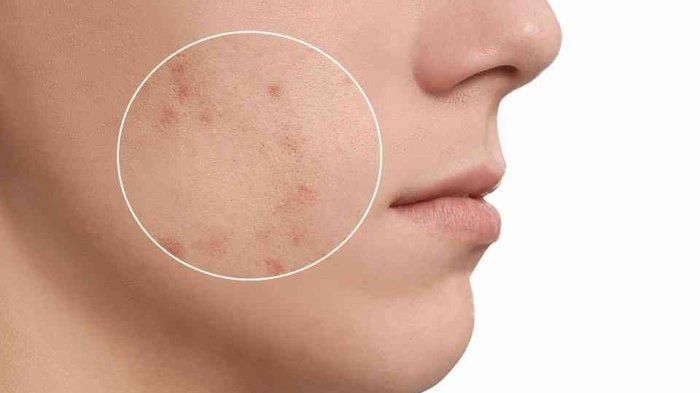
Many common “natural” remedies for acne scars and hyperpigmentation have limited scientific evidence and carry risks of causing further skin damage. For the safest and most effective treatment, dermatologists strongly recommend science-backed, natural-derived ingredients or professional procedures.
Risks of popular “natural” home remedies
Applying certain household products directly to the skin can cause irritation, inflammation, and worse scarring.
- Lemon juice: The high acidity of lemon juice can alter your skin’s natural pH and cause severe irritation, dryness, redness, and sun sensitivity, potentially leading to painful chemical burns or additional hyperpigmentation.
- Baking soda: As a powerful exfoliant, baking soda can damage the skin’s protective barrier, leading to breakouts and rashes.
- Coconut oil: While moisturizing, coconut oil is highly comedogenic and can clog pores, leading to new breakouts and additional scarring, especially for those with oily skin.
Safer, evidence-based natural-derived options
For fading hyperpigmentation and improving scar appearance, dermatologists recommend skin-care products formulated with the following ingredients.
- Alpha-hydroxy acids (AHAs): Lactic acid, a type of AHA derived from milk, helps to exfoliate the outer layer of the skin, revealing fresh skin underneath and reducing the appearance of scars and discoloration.
- Rosehip seed oil: This oil has been shown to reduce postsurgical scars and discoloration when applied twice daily.
- Niacinamide (vitamin B3): This ingredient can fade hyperpigmentation, even skin tone, and increase collagen production to improve the appearance of scars.
- Azelaic acid: Naturally found in grains, this acid has antimicrobial and anti-inflammatory properties that reduce redness. It can be particularly effective for treating both active acne and hyperpigmentation.
- Licorice extract: This extract contains glabridin, an active ingredient that can help lighten hyperpigmentation caused by sun exposure and inflammation.
- Aloe vera: The compounds aloesin and aloin in aloe vera are known to lighten skin and even out pigmentation. Apply pure gel from the plant or a high-quality product to affected areas.
Essential practices for healing and prevention
Natural remedies alone are often insufficient for significant results. Combining proven ingredients with these practices offers the best path to healing.
- Protect from the sun: Sun exposure can darken acne marks and make existing scars more noticeable. Use a broad-spectrum sunscreen with at least SPF 30 every day, even when it’s cloudy.
- Avoid picking: Scratching or picking at acne or scabs causes inflammation and increases the risk of post-inflammatory hyperpigmentation.
- Consult a dermatologist: The safest and most effective approach is to speak with a medical professional. They can provide an accurate assessment and recommend a personalized, evidence-based treatment plan.